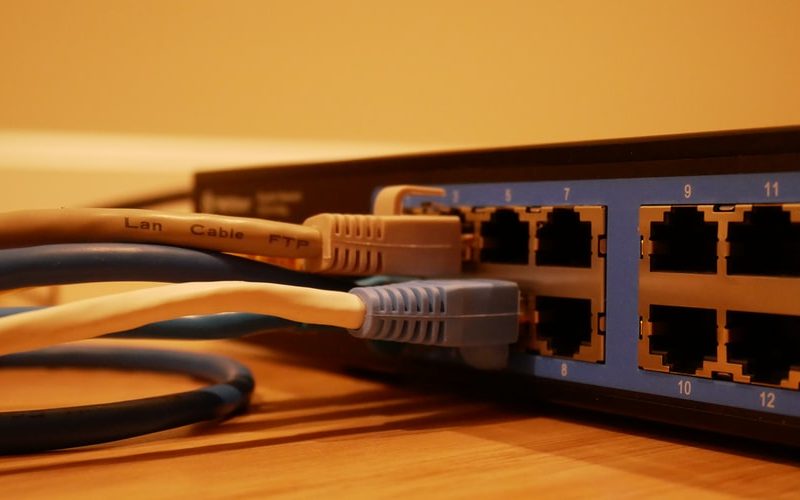If you use the network in your home or office, you’ve probably heard the terms “modem” and “router” from time to time. While some will use both terms, it is not the same. The modem brings home internet service, and the router takes the network to home devices via Wifi or hp small business router.
In this article, we will discuss the differences between a modem and a router, what each one does for your Wifi service, and how they work together to provide better security.
What does the modem do?
To have the internet in your home, you need a modem. Your Internet Service Provider (ISP) must have provided it to you, so you may not be aware of it. A modem can look like a small box, and stay in your home with an external cable, wireless cable, satellite or fiber internet. Alternatively, you can see the incoming call if you have a DSL service.
The internet modem will have a cable that connects your router as well, as well as an external power source or power cord. If the modem does not work properly, receives power, or is not connected to an incoming call, you will not be able to access the web to read web pages, watch movies and all your online interests. .
Why use a router?
The router may be similar to a modem, but it is a very different device. You need a router to access the internet provided by the modem and to transmit a wide range of services to your home tablet, laptop, streaming device, smart TV and smartphone. You can’t have one without it.
If you look at your router, you will see an internet connection using your modem cable. You will also see several Ethernet ports that connect directly to other devices with cables. You probably won’t use an outgoing Ethernet port, however, if you want everything to be connected to WiFi. There may also be small antennas listening to the router. Make sure these are well connected, pointing and not lifting.
Remember that a router can only take the internet you have and distribute it to all connected devices. It can’t give you more power than the internet at the moment. If you run multiple connected devices, the connection may be worrisome as neither of them has much connection.
There access to your router management tools can be very good. It usually allows you to prioritize the first tool available for the service. Other well-known features that wireless routers can offer include parental controls, up-to-date reports, scheduling hours, and password and network security options.
Should you rent or buy a router?
If you are renting a router from your ISP, you may not have access to these additional management tools. It may be worthwhile to buy your own router if you plan to change its use and get the most suitable wireless access. If you don’t know much about networking or want your ISP to take responsibility for router errors or performance failures, you may want to lease your unit and give it to an administrator.
Always check the agreement before concluding a rental agreement. Some ISPs may have a minimum loan period, expect you to pay for maintenance and maintenance of the equipment, or charge fees that are higher than the value of the service itself. You will find out what you are paying for before registering.
Do I need a modem and a router?
One of the goals of a modem is to provide you with internet access. If you had only one device connected to the Internet through an Ethernet port (such as a desktop computer), you could connect the modem directly to the computer without the need for a router. However, most households do not use the Internet this way, so you will need a router for your smartphone, streaming services, and a laptop.
Some ISPs may provide you with a single device that supports both the modem and the router. In this case, you will see the same wires, but you only need to power one device. This can be useful if you have no problem keeping both devices connected and running.
The disadvantage is that you will not have access to the type of router you want, and router technology will change more often than modem technology. If your ISP is not very active in technology upgrades, you may have outdated router technology because the modem can be used properly. If you do not like the idea of a combined unit, ask your ISP if there are other options.
What is the difference between the two?
The easiest way to describe modems and routers is:
The modem enters the internet into your home
The router picks up the internet and separates it so that all the devices on your network can share
You should be aware of these differences, as your ISP or PC repair technology may require some tests if there is a problem or both. The customer support team will often ask the user to “restart the modem” or “remove the router”. Once you know what, you can collaborate with the support team to get back to you quickly.
Upcoming if there are people who ask, “What difference modem and router?” you will know exactly what to say. While the two can work together to perform the same function, their roles in wireless networks are different. Most homes and offices do not need the security or connectivity required without both.












Comments